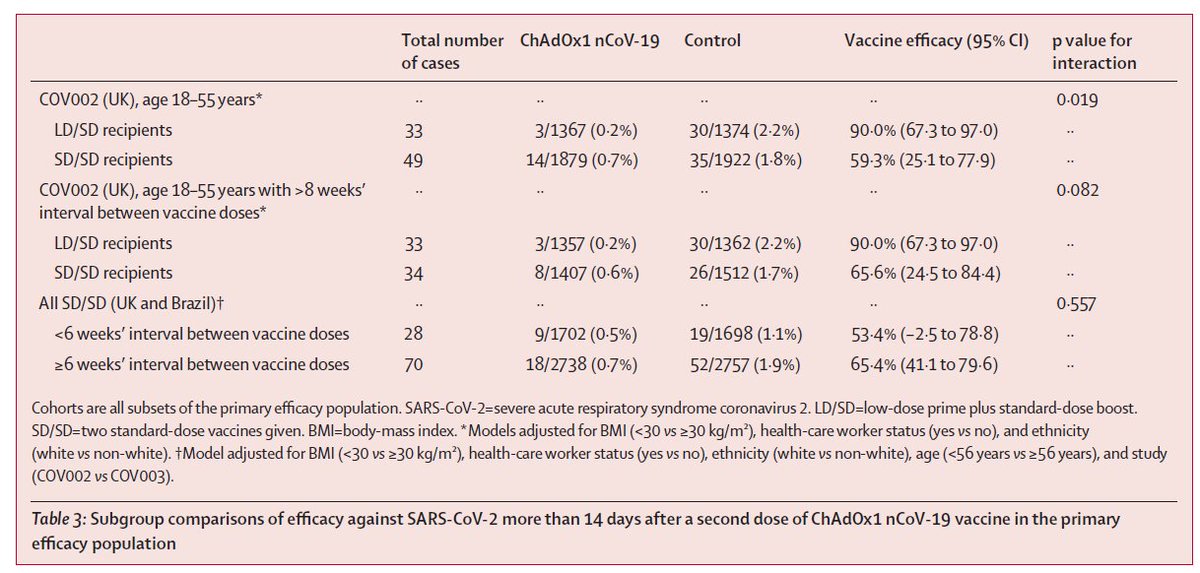
With Novavax results, a welcome addition of another efficacious vaccine. The more, the merrier. Though the observed lower efficacy in South Africa is discouraging (and exactly how much lower is hard to tell given uncertainty), I’m glad we have these data in hand. 1/5
Well-conducted placebo controlled trials can give us the clearest read on how these vaccines are working against different variants. It was fortuitous to have these two trials in the UK and South Africa that we can compare in this way. We want to know what we’re dealing with. 2/5
Fortunately the vaccine is working well against the UK variant. But as we see in South Africa (and in laboratory studies with other vaccines), we cannot assume that vaccines are equally effective against all variants. We will need to continually monitor their effectiveness. 3/5
Soon we will launch into a period where placebo-controlled trials are harder (or impossible) to run, but we will still need careful follow-up. Across the globe, we need to be sequencing and studying breakthrough cases in vaccinated people. This is critical. 4/5
So we prepare to expect the unexpected, and we may need to update and adapt our strategy. And see how other vaccines fare in the same settings. Starting this work now is smart. But for now, don’t lose sight of the value of these vaccines. 50%, 90%. It all helps. 5/END
• • •
Missing some Tweet in this thread? You can try to
force a refresh







